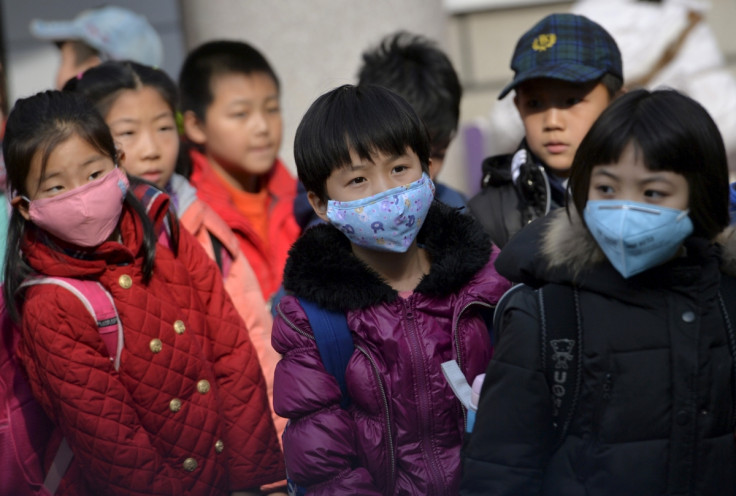Pupils at school near toxic site in China diagnosed with cancer

What started as an "unusual smell" emanating from former chemical plants in the area turned into a serious health risk for the students of a language school in the Jiangsu province of China, when test reports revealed that more than half the population of children have developed medical conditions resulting from exposure to toxic elements.
On Sunday (17 April), China Central Television (CCTV) reported that of the 641 students of the Changzhou Foreign School who had been tested, 493 had been diagnosed with a range of illnesses, from dermatitis, eczema, chronic coughs, headaches and blood abnormalities to lymphoma and leukaemia.
Further investigation revealed that the soil and water in the area of the school contained toxic compounds and heavy metals. Levels of the carcinogen chlorobenzene were found to be almost 100,000 times the safety limit.
Former workers at the factories told local media that no proper safety guidelines had been followed at the time the plants were running. Toxic waste was often disposed of in dried-up canals, they said, and untreated waste water was drained into nearby rivers in order to save money.
Ever since the school moved to its new location near the old chemical factories in September, students had been complaining of rashes, respiratory infections and headaches. But state news agency Xinhua reported that the municipal body had signed off on the location as safe and that the air quality met national standards.
However, parents of the students paid for independent tests to be conducted and found a large number of toxic substances still present in the atmosphere.
Now, with families in the region starting to panic over the widespread contamination, the Ministry of Environmental Protection has launched an investigation.
© Copyright IBTimes 2025. All rights reserved.




















